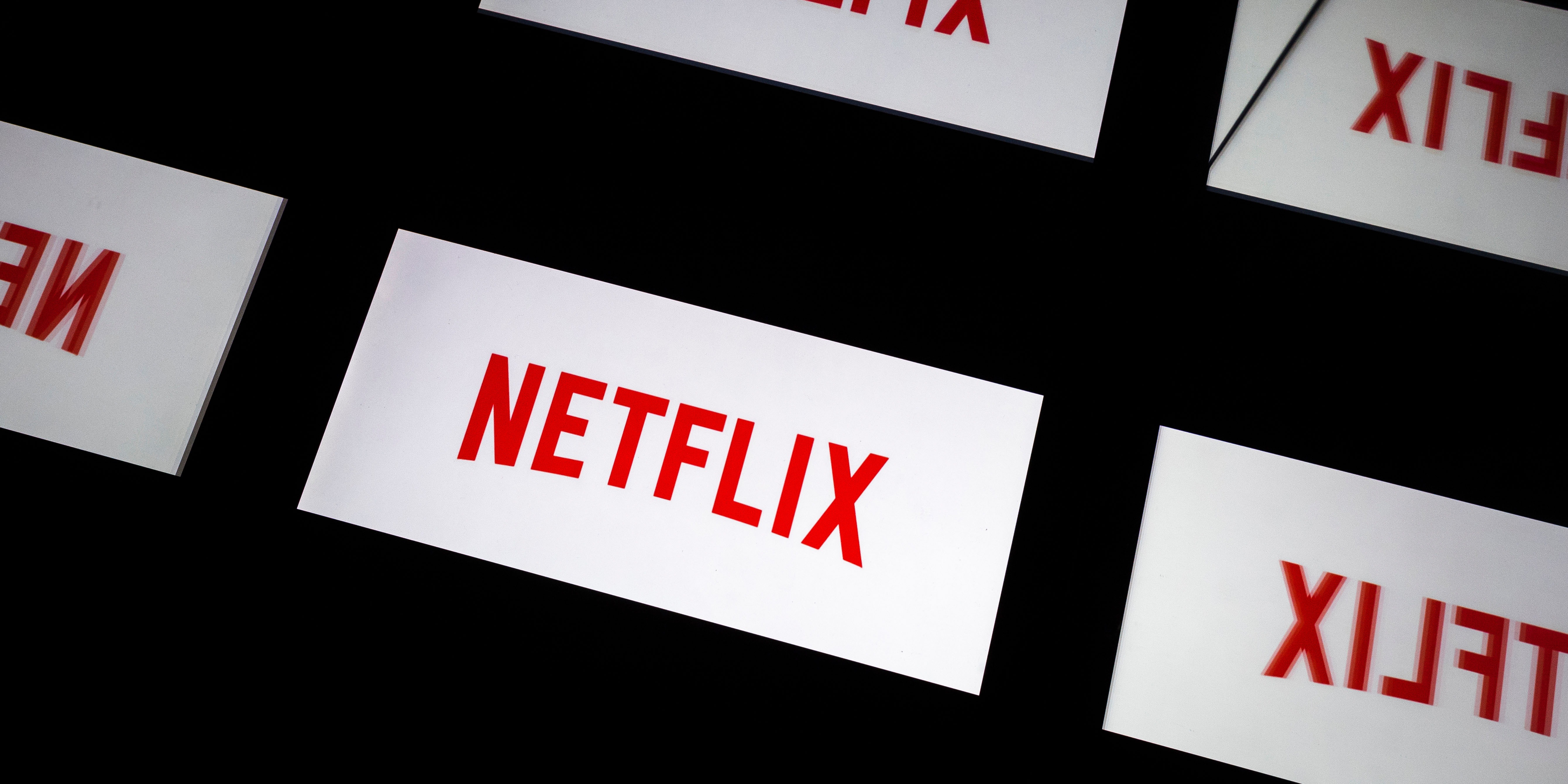The five main protagonists of "World's Most Wanted" are giving Interpol and all the secret services on the planet a cold sweat. The Netflix series launched on Wednesday goes in search of five great criminals on the loose, not necessarily known to the general public: Semion Mogilevich, great leader of the Russian mafias; Samantha Lewthwaite, an Englishwoman wanted for several Islamist attacks in Africa and also involved in the London attacks in 2005; Matteo Messina Denaro, boss of the Sicilian Mafia; Ismaël Zambada, invisible leader of the Sinaloa cartel in Mexico and Félicien Kabuga, suspected of having participated in the financing of the Rwandan genocide. "The original idea was to focus on the most wanted international criminals," explained Jérôme Fritel, showrunner of the series, Thursday at the microphone of Europe 1.
>> Find Culture-Médias in replay and podcast here
An unexpected arrest
But the shooting of the series had to face a major unforeseen event: the arrest of one of the fugitives. Indeed, Félicien Kabuga was arrested on May 16, in Asnières, in the Hauts-de-Seine, after 26 years on the run. He was then living under a false identity. "We traveled the world looking for him and he was finally hidden in Asnières", smiles Jérôme Fritel. Production then had to adapt. When Félicien Kabuga is found, the documentaries have already been delivered for five months. "We added a three-minute epilogue at the end of the film to tell about his arrest," says the show runner of the series.
Journalistic investigations told like thrillers
At the microphone of Europe 1, Jérôme Fritel also said that the French journalists who worked on the series had to adapt to Netflix. "They have codes quite different from ours, in France. For example, we must never announce what must happen. The spectator must discover it for himself and we must raise the suspense: this is what they call 'storytelling.' The series is therefore a mixture of two DNAs: they are journalistic investigations, told like thrillers, "he explains. Without further details, Jérôme Fritel confided that the budget for the series amounted to "several million euros" and that the project had initially been refused by French TV channels.

